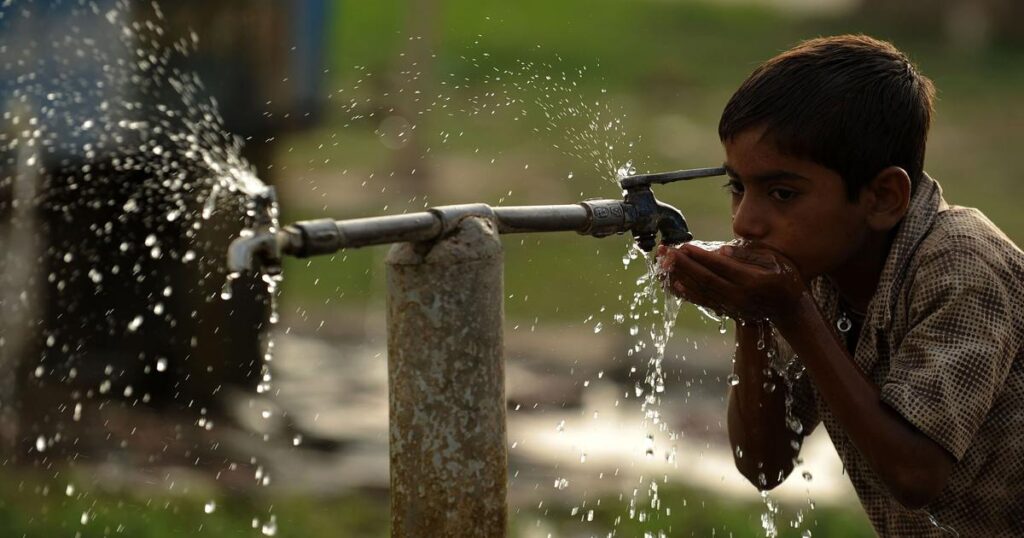
Role of human Rights 💪 💪 💪 welfare society Pakistan To Mitigating Heat-Related Risks for People with Disabilities.
Ans: The Human Rights Welfare Society Pakistan plays a crucial role in mitigating heat-related risks for people with disabilities. Here are some ways in which the society can contribute to addressing these issues:
- Advocacy and Awareness: The society can raise awareness about the increased vulnerability of people with disabilities to heat-related illnesses. By advocating for their rights and inclusion in society, the organization can shed light on the specific risks faced by this population during hot weather conditions.
- Capacity Building: The society can conduct training programs and workshops to empower individuals with disabilities, their caregivers, and support networks. These sessions can provide information on recognizing the signs of heat-related illnesses and impart skills for managing and mitigating these risks effectively.
- Accessibility of Cooling Centers: The society can promote the accessibility of cooling centers for people with disabilities. This involves ensuring that these centers have ramps, wide doorways, accessible restrooms, and appropriate seating arrangements. Collaboration with government agencies and relevant stakeholders can help improve the accessibility features of these facilities.
- Mobilizing Resources: The society can play a vital role in mobilizing resources to provide cooling devices and assistive technology to people with disabilities. By partnering with local businesses, donors, and sponsors, the organization can facilitate the distribution of fans, cooling vests, misting devices, and other devices that can help regulate body temperature.
- Collaboration with Authorities: The society can coordinate with local authorities and emergency management agencies to develop inclusive emergency preparedness plans that address the specific needs of people with disabilities during heat emergencies. This includes accessible communication methods, evacuation plans, transportation arrangements, and the establishment of support systems.

6. Policy Advocacy: The society can advocate for the development and implementation of inclusive policies and legislation that protect the rights and well-being of people with disabilities during heatwaves. This can include guidelines for municipalities and public institutions to ensure the accessibility of public spaces, transportation, and emergency services.
7. Community Outreach and Support: The society can engage in community outreach activities to offer assistance and support during periods of high temperatures. This can involve collaborating with disability organizations, social services agencies, and healthcare providers to provide check-ins on vulnerable individuals, transportation services to cooling centers, and the delivery of essential supplies.
8. Research and Documentation: The society can conduct research studies and document case studies on the impact of heat-related risks on people with disabilities. This information can be used to advocate for evidence-based policies and interventions that address the specific needs of this population.

In summary, the Human Rights Welfare Society Pakistan plays a pivotal role in mitigating heat-related risks for people with disabilities. Through advocacy, awareness, capacity building, resource mobilization, policy advocacy, community outreach, and research, the society can work towards creating an inclusive and supportive environment that ensures the well-being and rights of individuals with disabilities during heat emergencies.
All Categories
- Agricultural Methods
- Agriculture and Women Small Farmers Rights Awareness
- Climate Change
- Disable and Human Rights
- Disable Jobs
- Donation
- Education
- Health Issues
- Organic Foods
- Organic Vegetables
- Orphans Children
- Plastic production and disposal
- Services
- Sinking in Scarcity
- Success Stories
- Uncategorized
- Waste Management
- Women Rights
- Youth Empowerment




